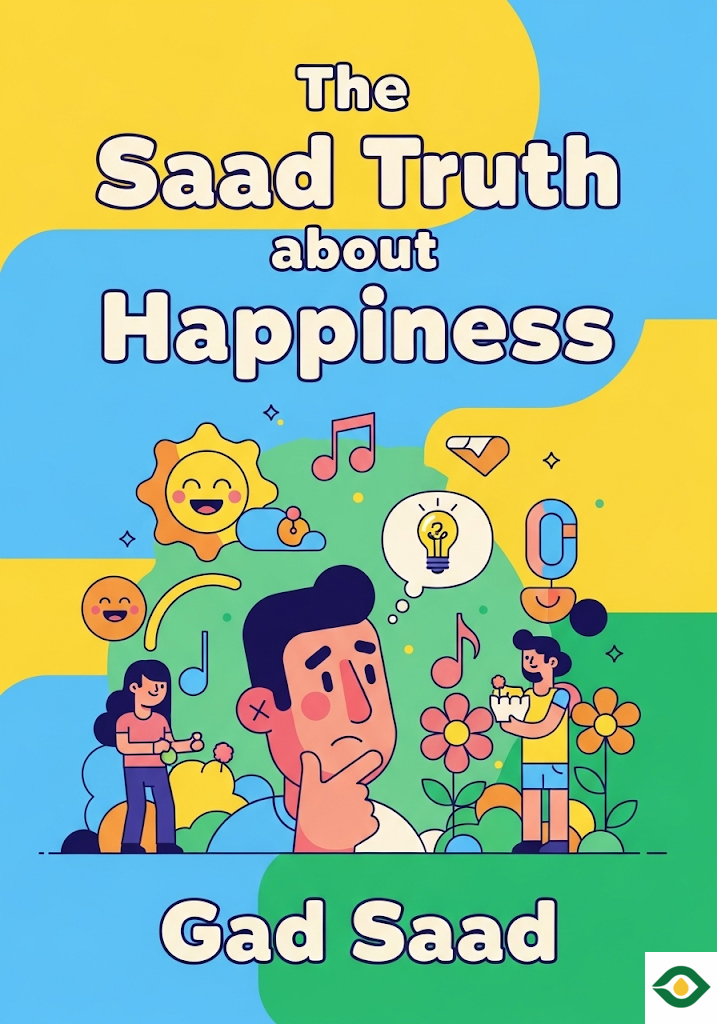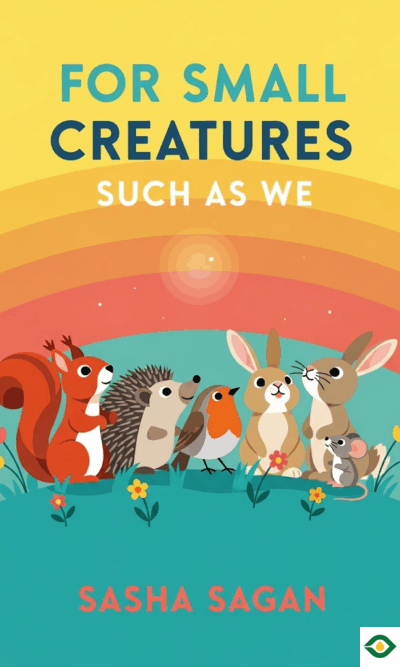Description
Happiness is something everyone wants, but very few people really understand. We often chase it directly, thinking if we search hard enough, we’ll finally find it. But happiness isn’t a destination you can walk toward. It’s a result of how we live our daily lives, the choices we make, and the habits we keep. In truth, happiness is not about perfection, but about building a life full of meaning, balance, and connection.
When people describe themselves as happy, researchers find they usually share a few common qualities. They tend to be optimistic, resilient, and hopeful about the future. They are more likely to keep good habits—like sleeping well, eating healthy food, and staying active. They also put effort into strong relationships with family and friends. Personality traits like honesty, kindness, openness, and humility all play a role, but the good news is that even if you weren’t born with those traits, you can still grow happiness through the choices you make.
One important truth is what’s called the “happiness paradox.” When you try too hard to be happy, you often end up more stressed and disappointed. This happens because happiness isn’t something we can force. Instead, it’s something that comes when we focus on meaningful areas of life—like love, work, health, and play. By nurturing these areas, we create a solid foundation where happiness naturally appears.
The first big choice that affects happiness is work. Most of us spend a huge part of our lives at our jobs. If your work constantly drains you, it’s difficult to feel joy outside of it. On the other hand, when you choose a career that feels purposeful and aligns with your values, it can bring pride, energy, and a sense of contribution. Your work can become more than just a paycheck—it can feel like a meaningful legacy.
The second major choice is your partner. A romantic relationship is often the closest bond you’ll ever have, so choosing someone who brings trust, laughter, and companionship is essential. Strong marriages and long-term partnerships are built on more than just attraction. They thrive when both people share experiences, show loyalty, and grow together over time. Even friends play a huge role—surrounding yourself with positive and supportive people creates a safety net that protects you from life’s storms.
Another key element of happiness is moderation. Since ancient times, thinkers have taught that balance is the secret to a good life. Too much or too little of anything leads to trouble. Courage, for example, sits in the middle between cowardice and recklessness. Moderation applies to work, health, politics, and even relationships. Wealth and fame can look attractive, but when taken to extremes, they bring stress instead of joy. The healthiest path is usually the middle one. By practicing self-control and avoiding extremes, you find a steady kind of contentment.
Playfulness is another overlooked but powerful ingredient of happiness. Children play naturally, but adults often forget how important it is. Play can mean many things—humor in relationships, creativity at work, or simply having fun with hobbies. It helps us cope with stress, solve problems, and build stronger social bonds. Couples who laugh together, for example, tend to be more satisfied in their marriages. Even spending time with pets like dogs has been shown to reduce loneliness and stress. The idea isn’t to escape responsibility, but to bring lightness and joy into everyday life.
Variety also fuels happiness. Doing the same thing over and over can make life feel dull and uninspiring. Exploring new activities, ideas, or experiences keeps the mind and body alive. Nobel Prize winners have often had diverse interests that fueled their creativity. In everyday life, mixing up your routines—whether at work or at home—can increase energy and satisfaction. But just like with everything else, balance matters. Trying too many things at once can scatter your focus. The sweet spot lies in having enough variety to stay inspired without overwhelming yourself.
No matter how carefully you live, challenges and failures will always come. That’s why resilience is so important. Life is filled with setbacks, but resilient people recover faster. Instead of letting failure define them, they see it as a chance to learn and grow. Psychologists call this grit—sticking with your goals even when things get tough. This persistence not only helps you achieve success, but it also boosts long-term happiness. The ability to bounce back is what keeps life moving forward.
Closely connected to resilience is the ability to live with little regret. Regret is one of the most painful emotions, especially when it comes from missed opportunities. Short-term regrets usually come from things we did and wish we hadn’t. But the bigger regrets are often about the things we didn’t do—dreams we left behind, words we never said, chances we never took. Many people later in life say they regret not living more authentically, not spending enough time with loved ones, or not following passions they deeply cared about.
The way to avoid regret is to act. Take risks when they feel meaningful. Speak up when something matters to you. Don’t wait endlessly for the “perfect” moment, because it may never arrive. Even failure hurts less than the haunting thought of “what if?” The happiest people are not the ones who never make mistakes, but the ones who live boldly enough that they don’t leave too many dreams untried.
What all of this adds up to is a clear picture: happiness is not a single secret, but a collection of habits and choices. You build it by choosing meaningful work and loving relationships. You strengthen it by living in moderation, adding variety, and keeping playfulness alive. You protect it through resilience when life knocks you down. And you secure it by making choices today that prevent regrets tomorrow.
Happiness is not something you stumble upon—it is something you grow. By focusing on the parts of life you can control, you naturally create the conditions where joy can thrive. And while life will never be perfect, it can be deeply fulfilling when you live with intention, balance, and courage.





